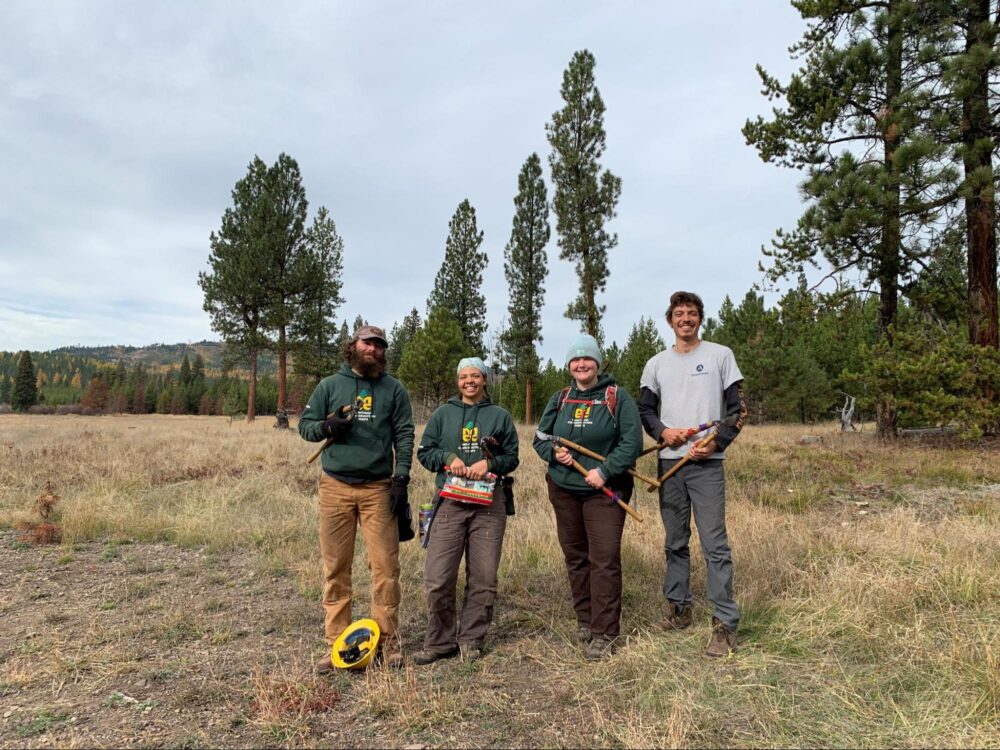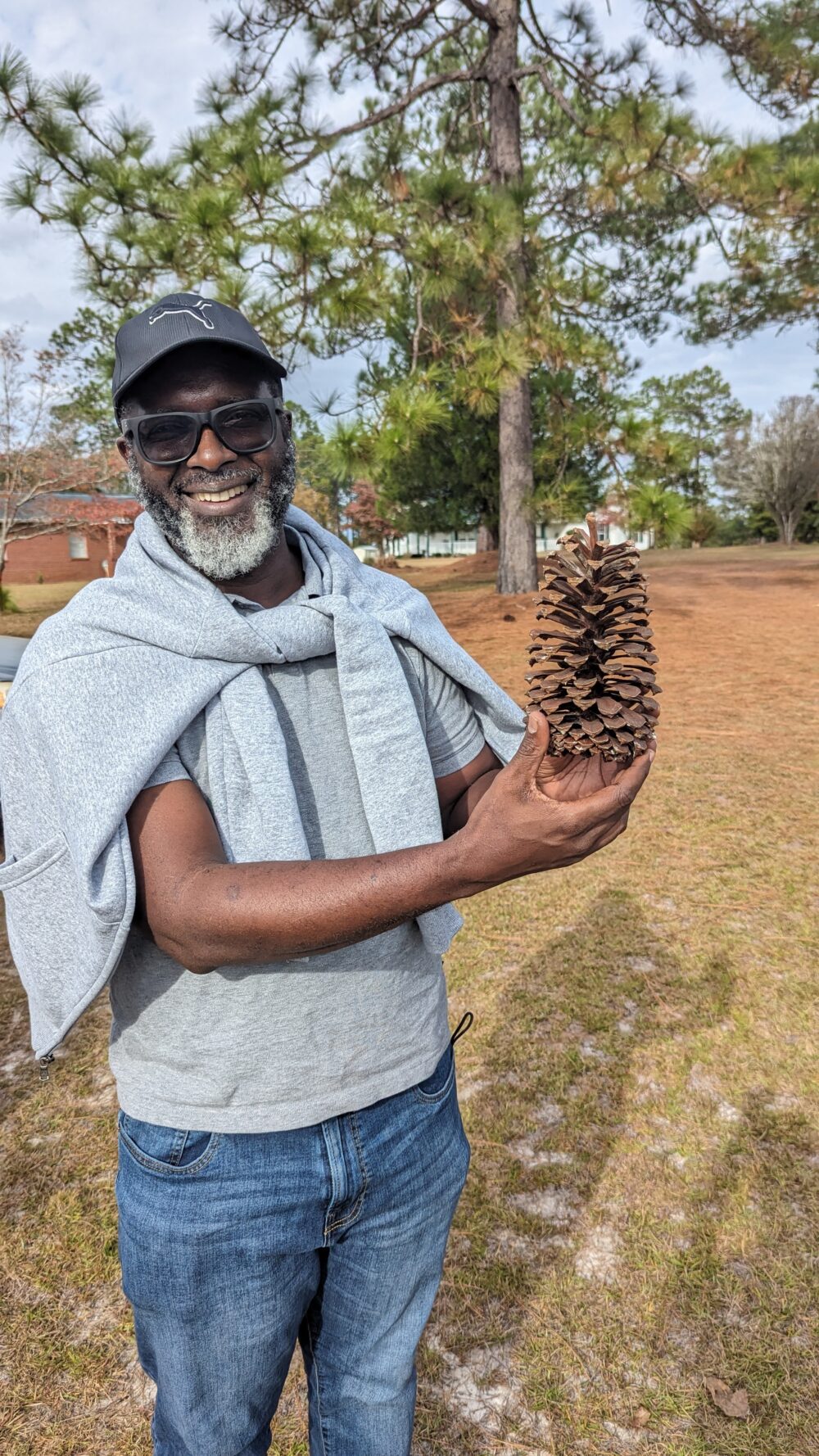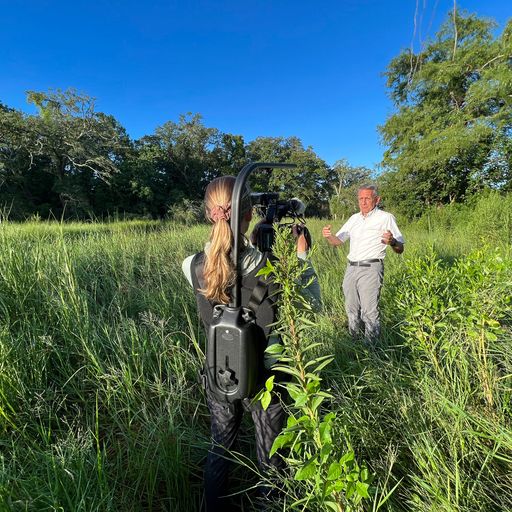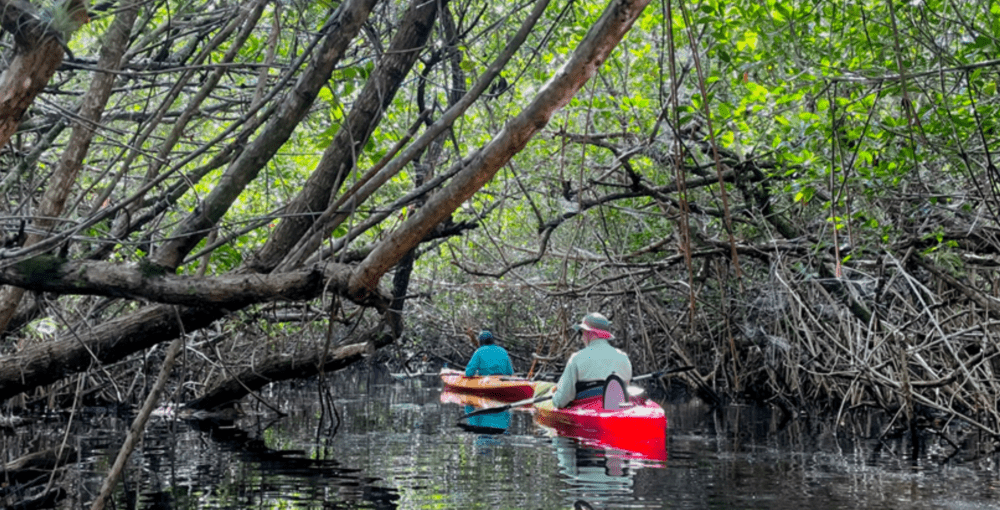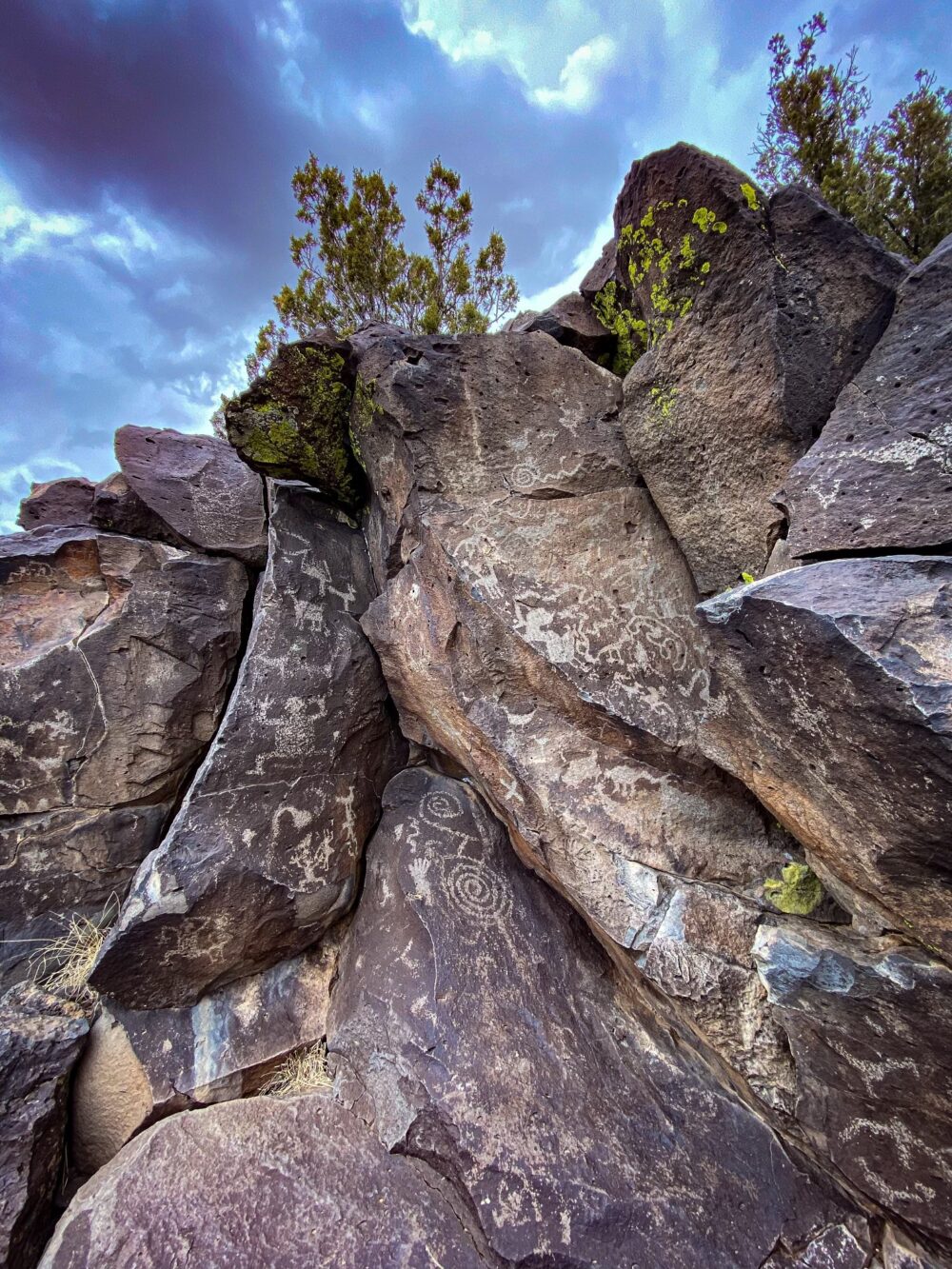We have much more to do and your continued support is needed now more than ever.
10 Comments about Winter from Henry David Thoreau
 Winter is here, as residents in various snowy, icy, frozen parts of the nation have noticed. For many people it is a bleak season, with the first day of winter marked by the longest night of the year. But there is promise in this period of extended nights; wrote English poet Percy Bysshe Shelley, if winter comes, can spring be far behind?
Winter is here, as residents in various snowy, icy, frozen parts of the nation have noticed. For many people it is a bleak season, with the first day of winter marked by the longest night of the year. But there is promise in this period of extended nights; wrote English poet Percy Bysshe Shelley, if winter comes, can spring be far behind?
Winter also can be a splendid season. Walking in a winter wonderland on a still, cold, crisp day can be refreshing, the silence of deep snow giving the lone hiker in woods or plain a sense of palpable solitude. Even the famously gruff New England poet Robert Frost, driving alone on the “darkest evening of the year” in a horse-drawn sleigh on some long-ago night, could not resist stopping to watch a woodland “fill up with snow” and to observe that “the woods are lovely, dark, and deep.”
Another New Englander, naturalist-philosopher Henry David Thoreau (a member of the NWF Conservation Hall of Fame), inscribed in his journal his often transcendently unique views on winter. Here are some of his perspectives, taken from The Thoughts of Thoreau, edited by Edwin Way Teale and published by Dodd, Mead and Company in 1962. All quotes are from Thoreau’s journal, with date of entry noted.
1. Live in each season as it passes; breathe the air, drink the drink, taste the fruit, and resign yourself to the influences of each. [ August 23, 1853]
2. Summer is gone with all its infinite wealth, and still nature is genial to man. Though he no longer bathes in the stream, or reclines on the bank, or plucks berries on the hills, still he beholds the same inaccessible beauty around him. [November 22, 1860]
3. The dry grasses are not dead for me. A beautiful form has as much life at one season as another. [November 11, 1850]
4. Nature now, like an athlete, begins to strip herself in earnest for her contest with her great antagonist Winter. In the bare trees and twigs what a display of muscle. [October 29, 1858]
5. Why do you flee so soon, sir, to the theaters, lecture-rooms, and museums of the city? If you will stay here awhile I will promise you strange sights. You shall walk on water; all these brooks and rivers and ponds shall be your highway. You shall see the whole earth covered a foot or more deep with purest white crystals . . . and all the trees and stubble glittering in icy armor. [October 18, 1859]
6. Is not January the hardest month to get through? When you have weathered that, you get into the gulfstream of winter, nearer the shores of spring. [February 2, 1854]
7. To us snow and cold seem a mere delaying of spring. How far we are from understanding the value of these things in the economy of Nature! [March 8, 1859]
8. Now, by 2 p.m., a regular snowstorm has commenced, fine flakes falling steadily, and rapidly whitening all the landscape. In half an hour the russet earth is painted white even to the horizon. Do we know of any other so silent and sudden a change? [November 28, 1858]
9. We are hunters pursing the summer on snowshoes and skates, all winter long. There is really but one season in our hearts. [December 6, 1856]
10. The sky appears broader now than it did. The day has opened its eyelids wider. The lengthening of the days, commenced a good while ago, is a kind of forerunner of spring. [Journal, February 19, 1852]











